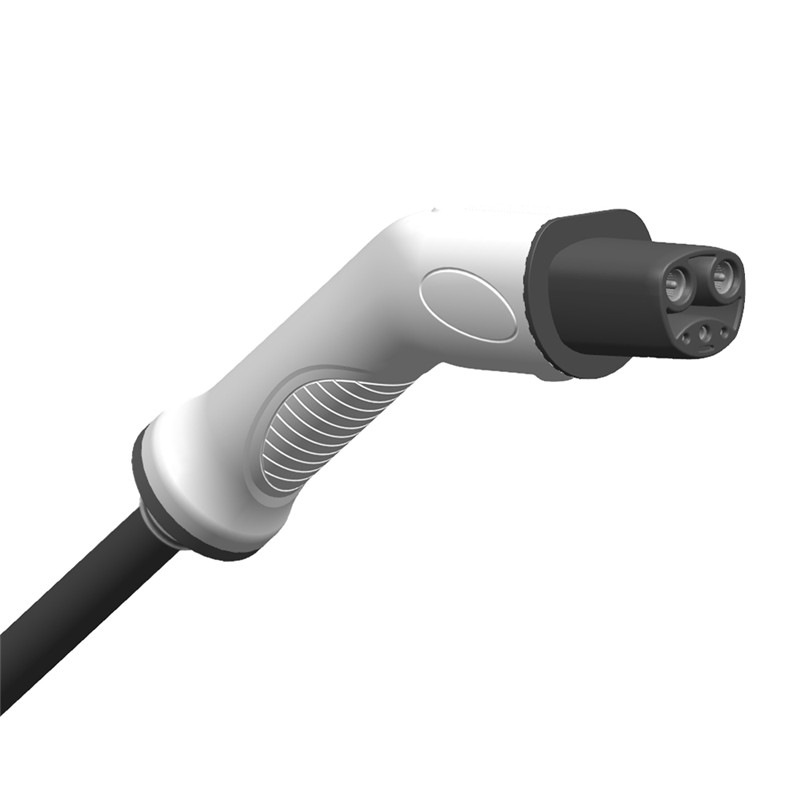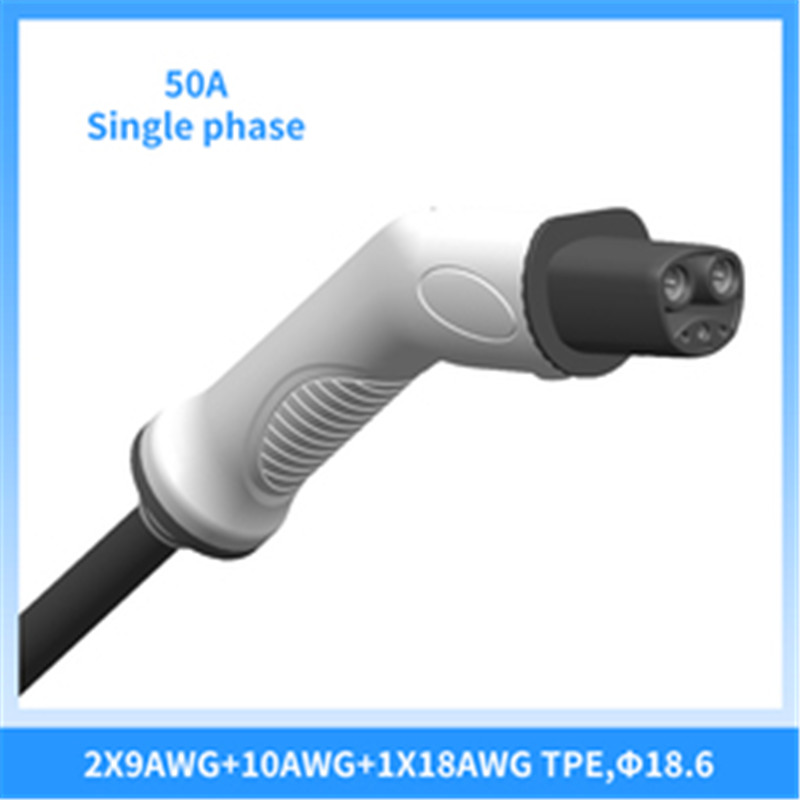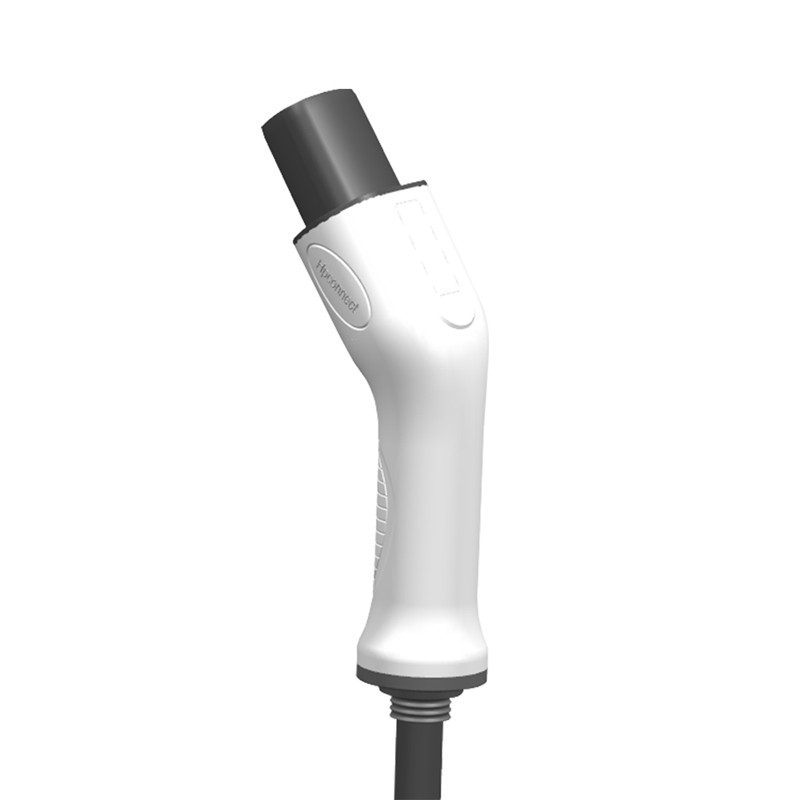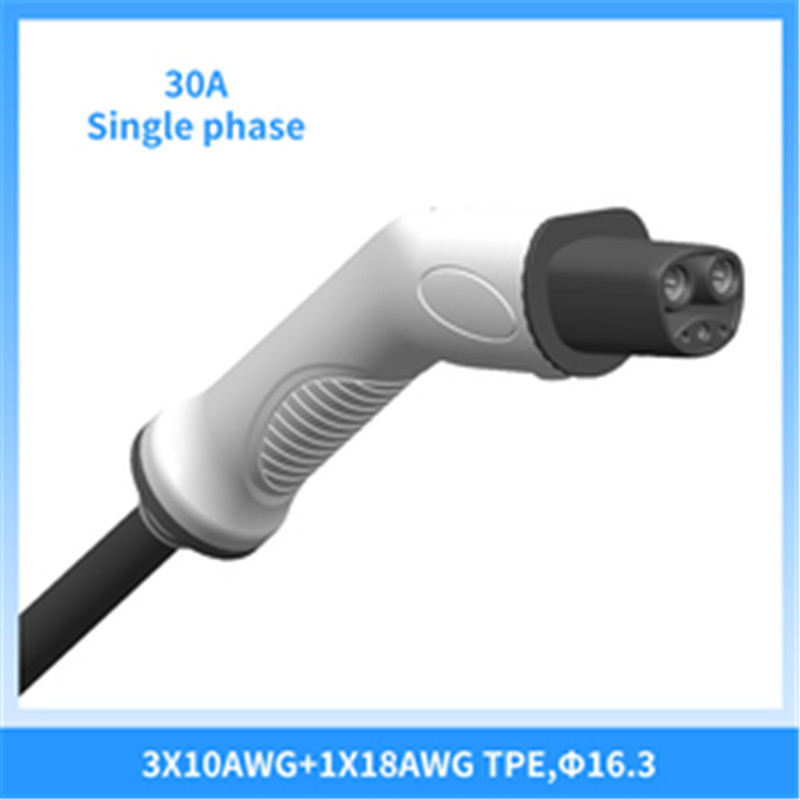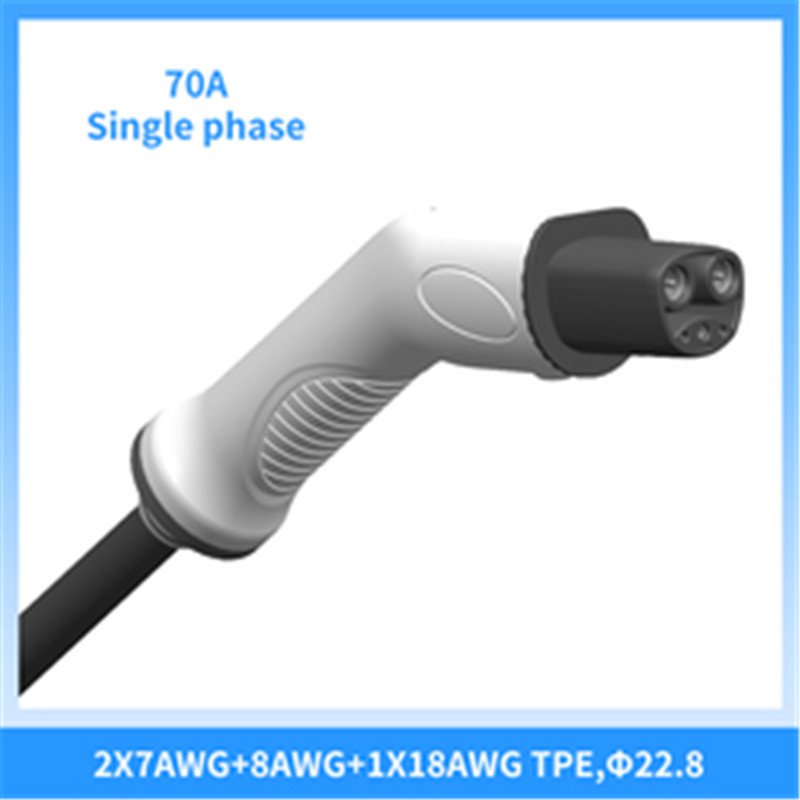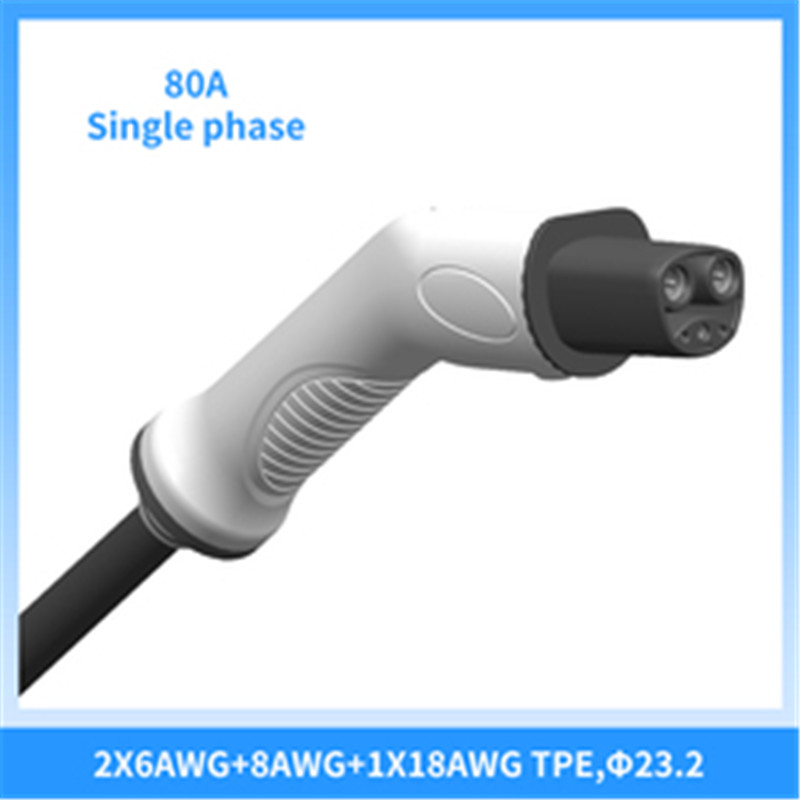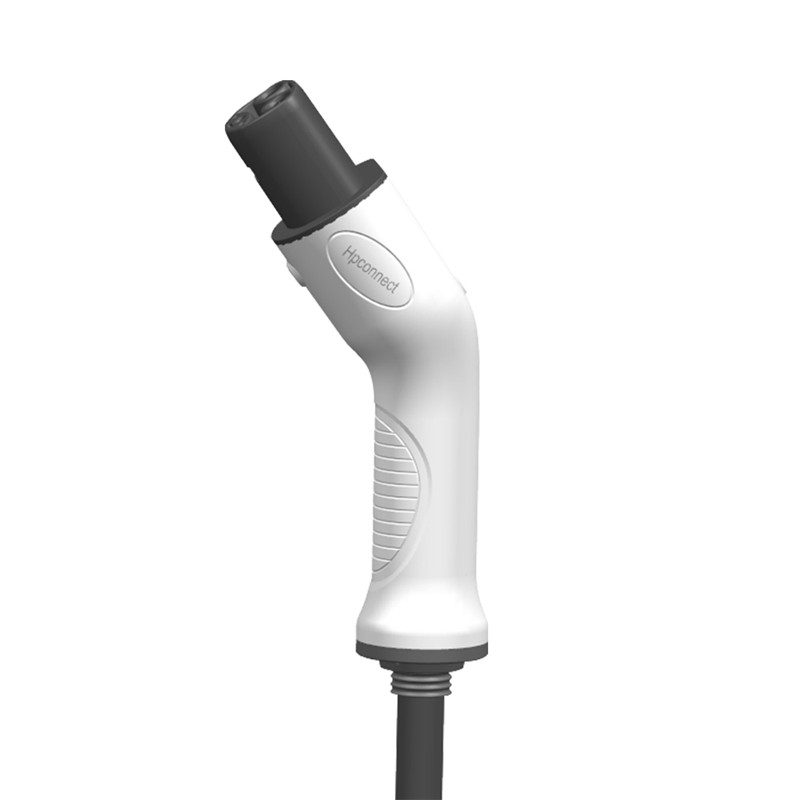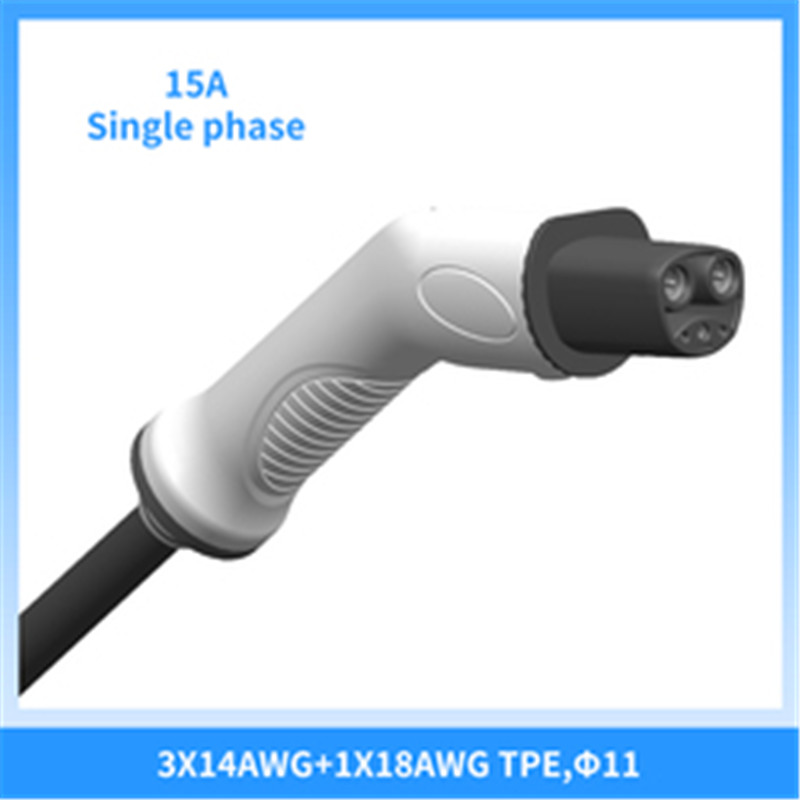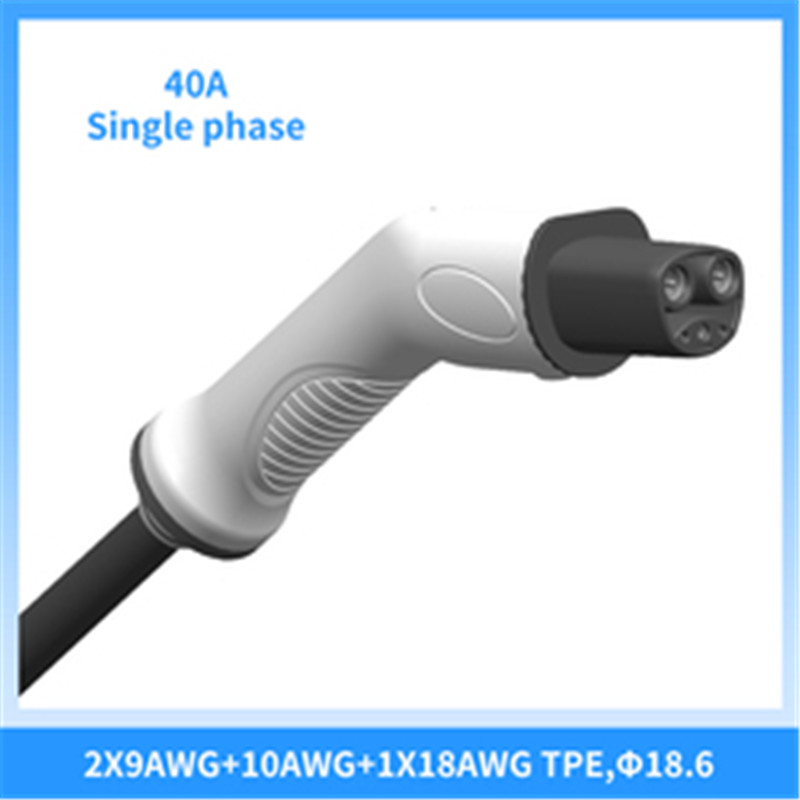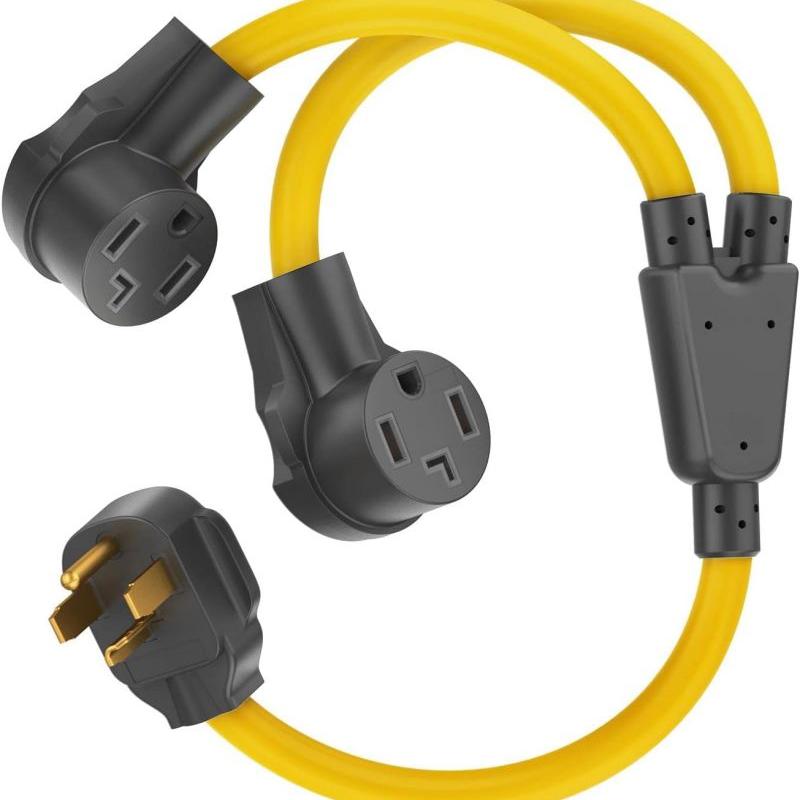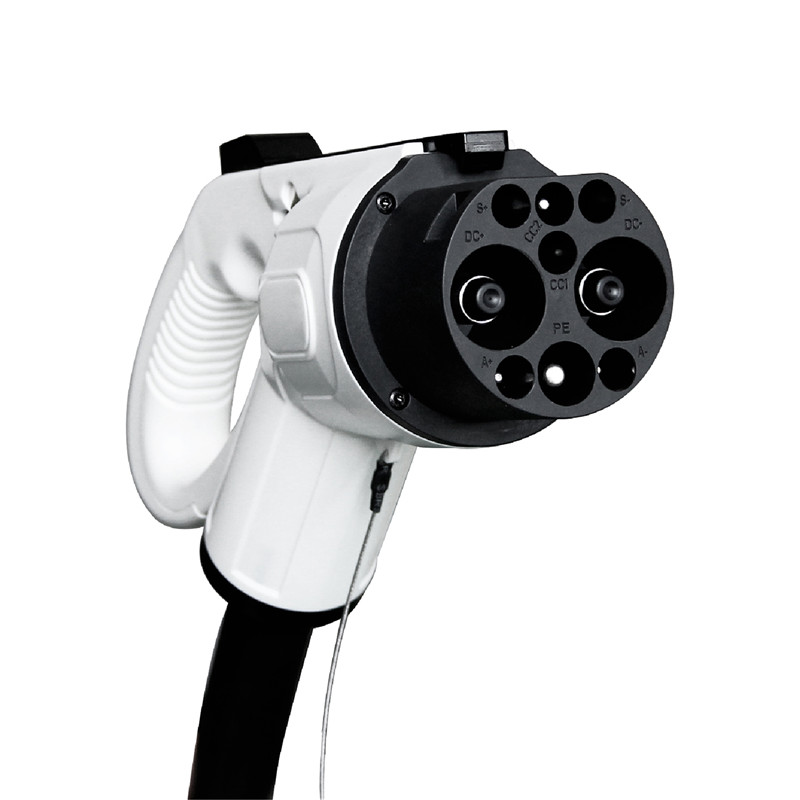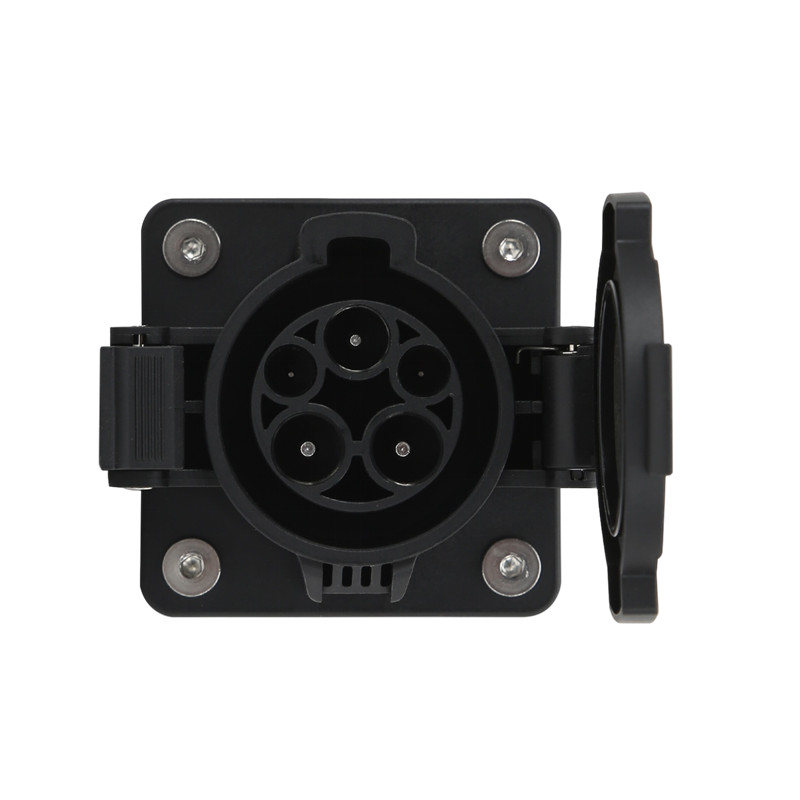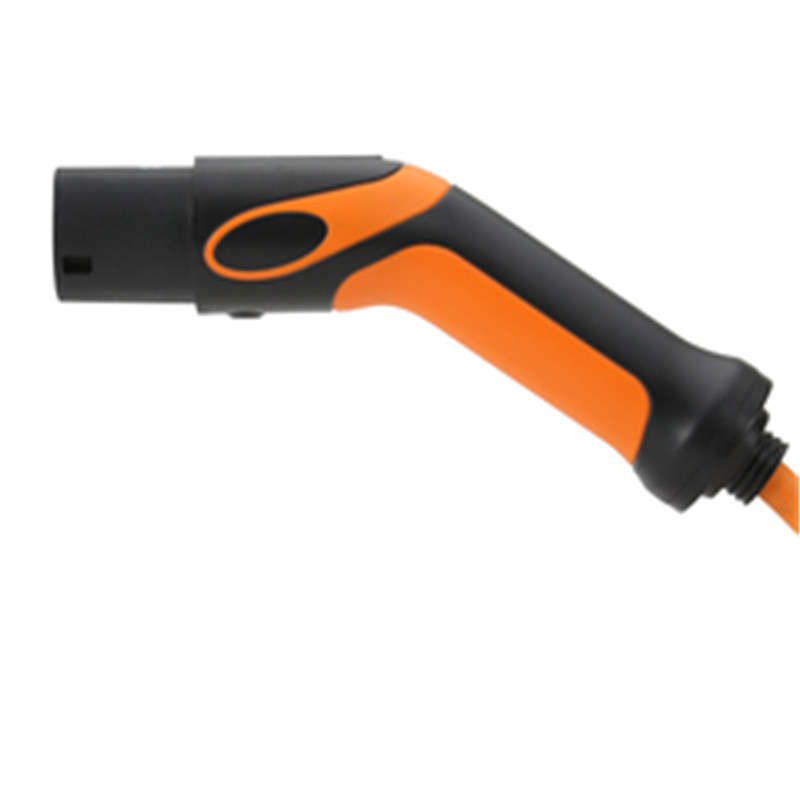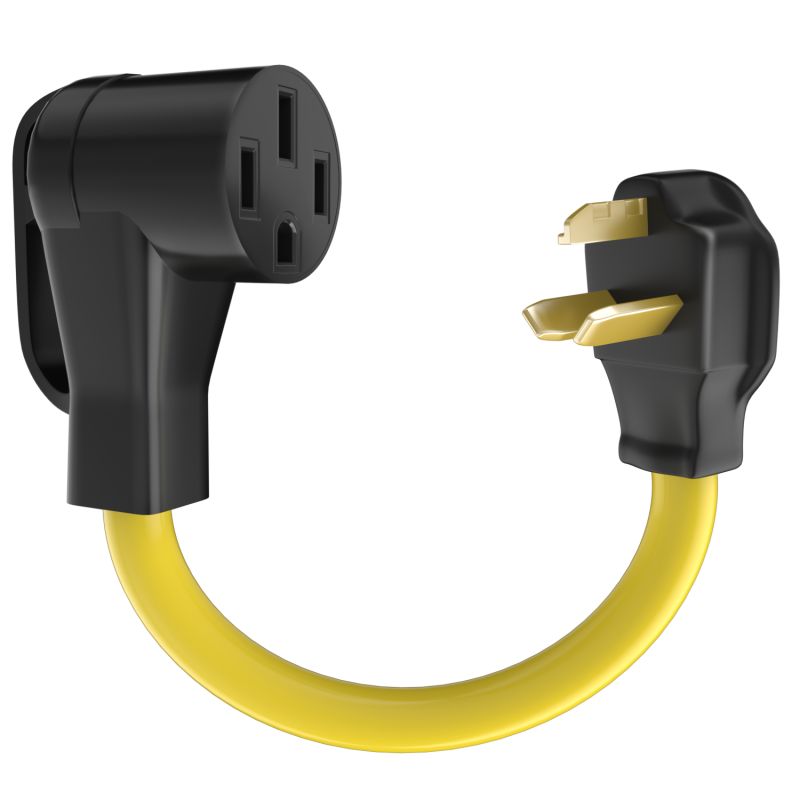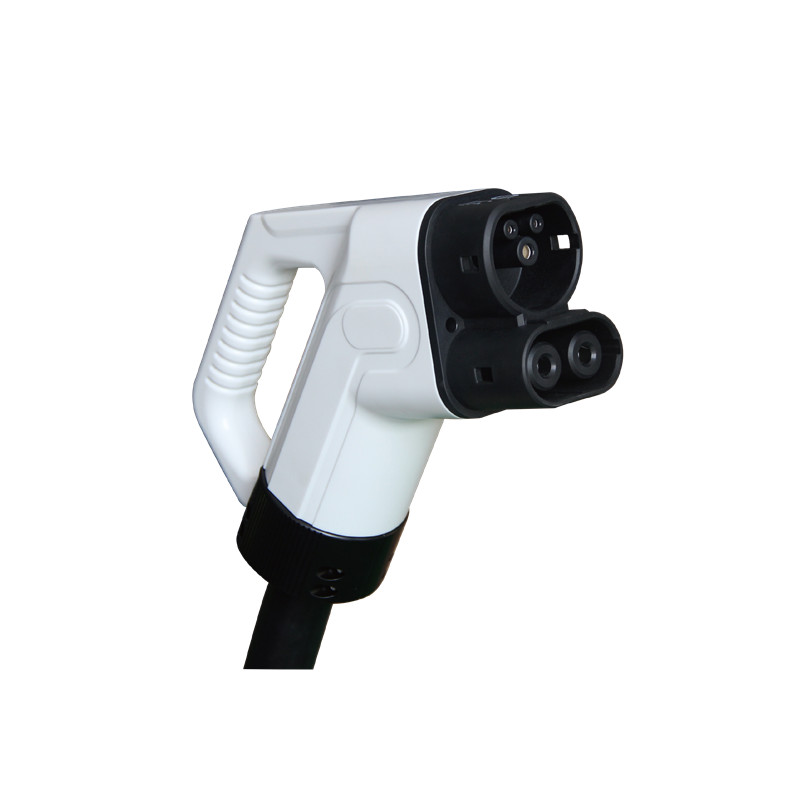
products
tesla charging charger cable station plug ev charger plug
| ated current | 15A~80A | Terminal temperature | く50K |
| Operation voltage | 250V | Withstand voltage | 2000V |
| Insulation resistance | >500MΩ(DC500V) | Coupled insertion force | 45NくFく100N |
| Contact Resistance | 0.5mΩ Max | Operating temperature | -30℃- +50℃ |
| Standard | Tesla |
| Current | 80A |
| Operation voltage | 250V |
| Cable length | 5m UL cable |
| Warranty | 12 months |
| IP Grade | IP 54 |
| Certificate | no |
| Operating Temperature | -30℃~50℃ |
With more than a decade of use and 20 billion EV charging miles to its name, the Tesla charging connector is the most proven in North America, offering AC charging and up to 1 MW DC charging in one slim package. It has no moving parts, is half the size, and twice as powerful as Combined Charging System (CCS) connectors.
In pursuit of our mission to accelerate the world’s transition to sustainable energy, today we are opening our EV connector design to the world. We invite charging network operators and vehicle manufacturers to put the Tesla charging connector and charge port, now called the North American Charging Standard (NACS), on their equipment and vehicles. NACS is the most common charging standard in North America: NACS vehicles outnumber CCS two-to-one, and Tesla's Supercharging network has 60% more NACS posts than all the CCS-equipped networks combined.
Network operators already have plans in motion to incorporate NACS at their chargers, so Tesla owners can look forward to charging at other networks without adapters. Similarly, we look forward to future electric vehicles incorporating the NACS design and charging at Tesla’s North American Supercharging and Destination Charging networks.
As a purely electrical and mechanical interface agnostic to use case and communication protocol, NACS is straightforward to adopt. The design and specification files are available for download, and we are actively working with relevant standards bodies to codify Tesla’s charging connector as a public standard.






-

E-mail
-

Whatsapp
-

Top

